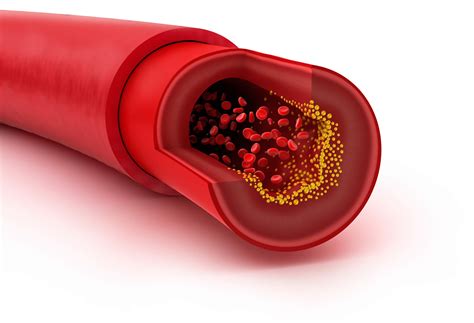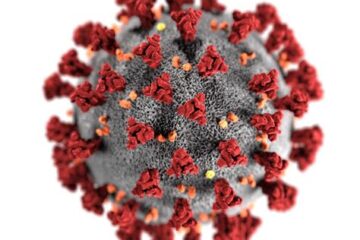
New data on the association of cannabis use and disease
This post on יואל קסלר .com presents data recently published in the American Journal of Cardiology about the relationship between cannabis use and the development of cardiovascular disease. In this study researchers used large national health survey data to examine the risk of an increased 10 year CV risk score per the ACC/AHA ASCVD and self reported cannabis use. The study found that the past use of cannabis increased the risk of a high ASCVD score by 60%. This relationship was also found to be dose responsive, with those reporting greater than 2 uses per month having a risk of 79% of a high score and those reporting daily use had a 87% odds of a higher score. The full abstract is printed below:
Relation of Cannabis Use to Elevated Atherosclerotic Cardiovascular Disease Risk Score
Published:December 17, 2021DOI:https://doi.org/10.1016/j.amjcard.2021.10.051
We hypothesized that cannabis use is associated with cardiovascular disease (CVD) risk factors. This could explain the reported link between cannabis and cardiovascular events including stroke and myocardial infarction. This analysis included 7,159 participants (age 37.8 ± 12.4 years, 48.6% men, and 61.5% Caucasian) from the National Health and Nutrition Examination Survey years 2011 to 2018. Cannabis use was defined by self-report. Participants with a history of stroke or myocardial infarction were excluded. Composite CVD risk was assessed using the American College of Cardiology/American Heart Association 10-year atherosclerotic cardiovascular risk (ASCVD) score. Participants were classified based on their ASCVD risk levels as low (<5.0%), borderline (5.0% to 7.4%), intermediate (7.5% to 19.9%), and high (≥20.0%). Multinomial logistic regression was used to examine the association between cannabis use and ASCVD risk category using low-risk ASCVD category as the reference level. About 63.9% (n = 4,573) of participants had ever used cannabis. Ever cannabis use was associated with 60% increased odds of high-risk ASCVD score (odds ratio [OR] 95% confidence interval [CI] 1.60 [1.04 to 2.45], p = 0.03). We also observed a dose-response relation between increased use of cannabis and a higher risk of ASCVD. Those reporting ≥2 uses per month had 79% increased odds of high-risk ASCVD score (OR [95% CI] 1.79 [1.10 to 2.92], p = 0.02) and those reporting ≥1 use per day had 87% increased odds of high-risk ASCVD score (OR [95% CI] 1.87 [1.16 to 3.01], p <0.001]. In conclusion, cannabis use is associated with elevated CVD risk. Individuals using cannabis should be screened for CVD risk, and appropriate risk reduction strategies should be implemented.
More interesting posts on timely medical topics like COVID 19, vaccinations, and gene editing technology, can be found here.
Check back frequently for new topics like this article on migraine.


